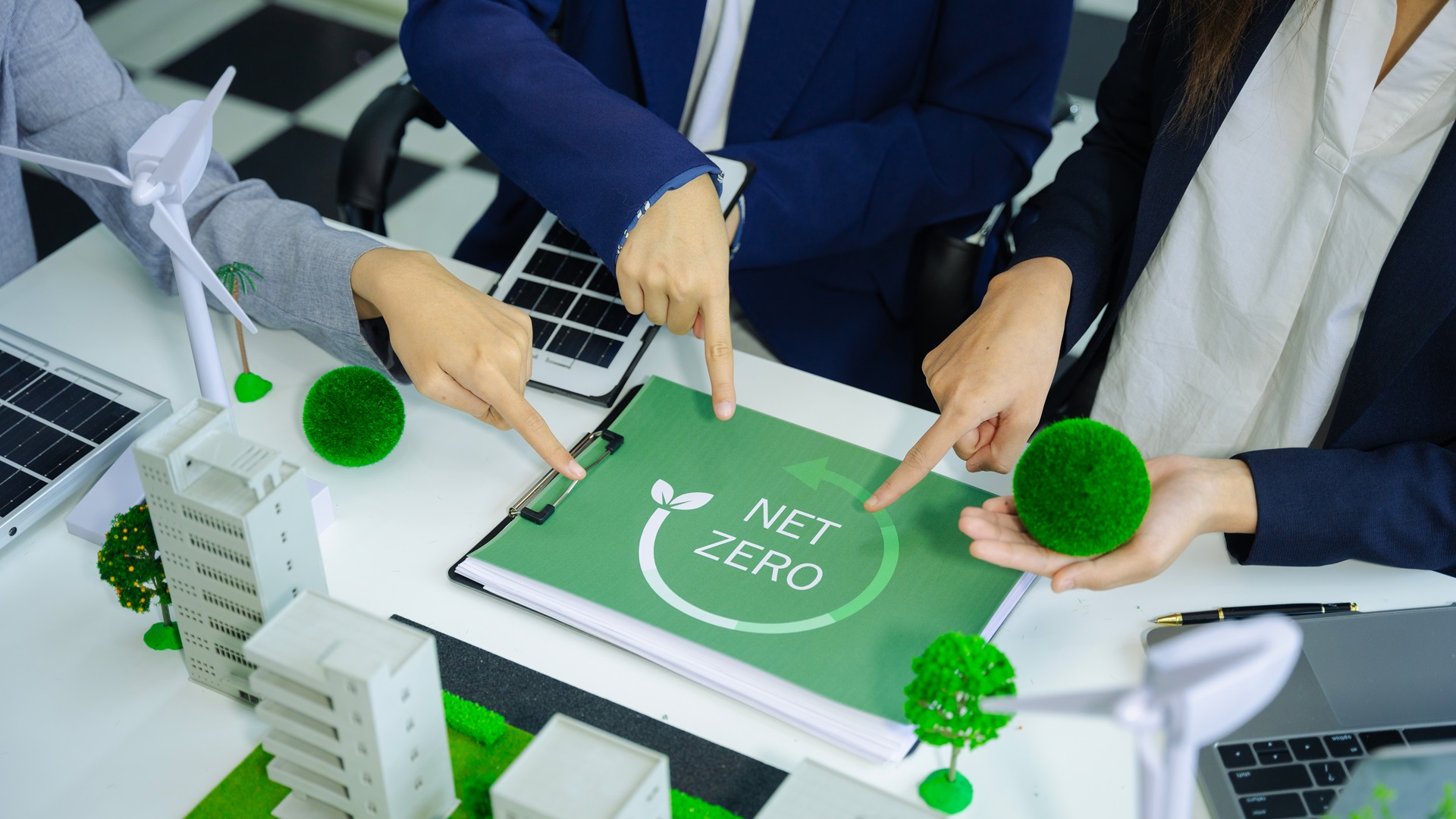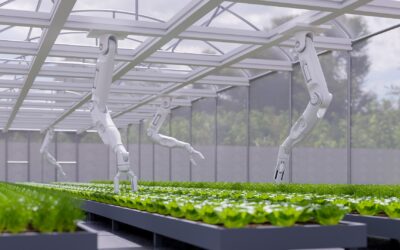Sustainability means so many different things to many people, companies, and organizations. According to Webster’s Dictionary, sustainability is “capable of being sustained… of, relating to, or being a method of harvesting or using a resource so that the resource is not depleted or permanently damaged.”
We live in a complex world where sustainability is embraced by many and loathed by others. In business, the implementation of sustainable practices can be a difficult conversation, and tough decisions need to be made. What is the company’s position on sustainability? What do they know and understand about sustainability? How does a company start its sustainability or Net Zero journey? What is the government’s role and responsibility when it comes to sustainability?
So many questions and complexities. One thing is evident. Consumers are guiding the discussions with their dollars and cents, supporting and investing in companies with public sustainability plans, Net Zero commitments, and actions supporting sustainability. They are using their buying power to send a message to all industries. Companies are driven every day by economic considerations, return on investment, and total cost of ownership. The adoption of sustainable practices, escalation of environmental trends, government programs, and investment are starting to drive sustainability in business in the United States.
The Inflation Reduction Act of 2022 earmarked $369 billion dollars for energy security and to address climate change. This is the single greatest investment in proclimate policy in our country’s history. For years, there has been discussion of environmental taxation being implemented, taxing companies (potentially individuals) on their carbon footprint.
Read this article in full in our Integr8 Playbook, “Sustainable Futures: Pioneering Innovation for a Circular Economy,” here.
Phoenix Contact is a globally present, Germany-based market leader. Their group is synonymous with future-oriented components, systems, and solutions in the fields of electrical engineering, electronics, and automation. A global network across more than 100 countries and 17,600 employees ensure close proximity to our customers, which they believe is particularly important.




